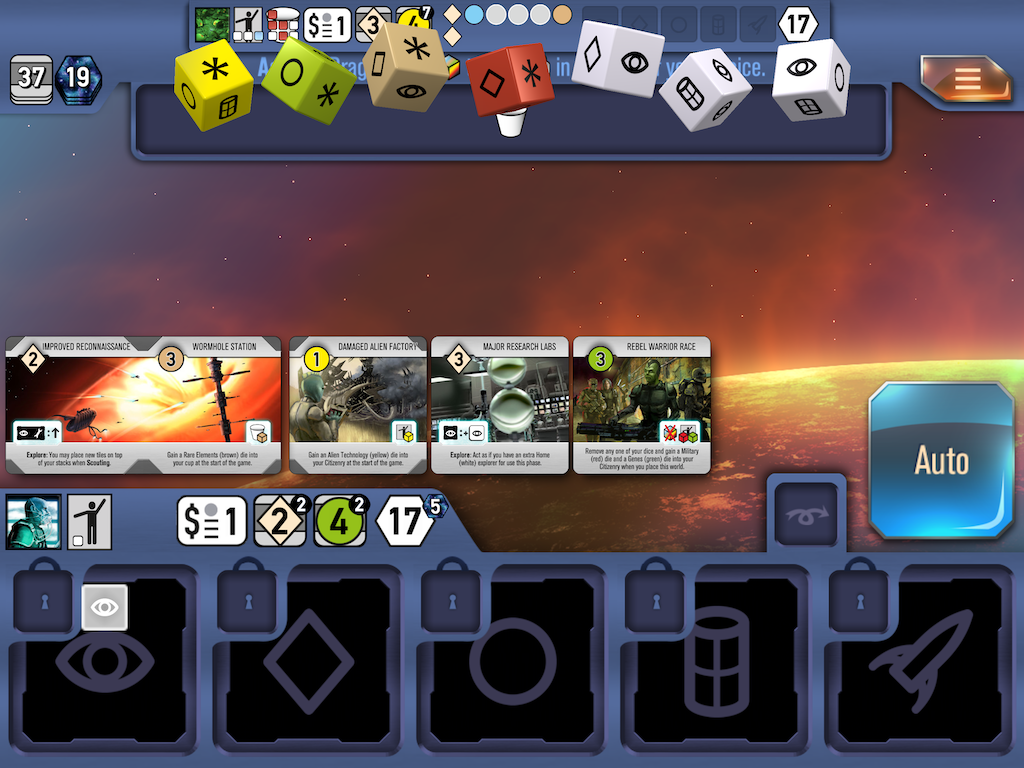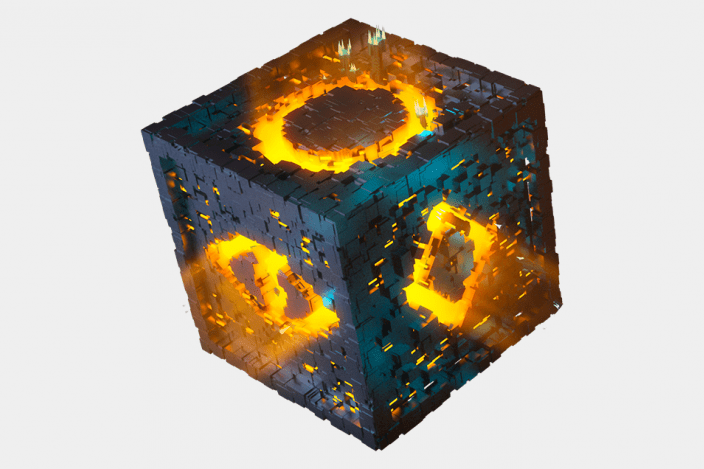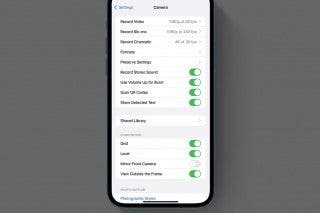Review: Roll for the Galaxy Game for iPhone & iPad


One of my favorite digital board game translations of all time is Temple Gates Games' Race for the Galaxy ($6.99). Shortly after releasing Race, Temple Gates announced it was working on the dice-based version of the game, appropriately called Roll for the Galaxy ($9.99). Several years later, the company has finally made good on its promise with the simultaneous release of the game on PC, Android, and iOS. Read on to find out if Roll for the Galaxy is my new favorite digital board game.
For those familiar with Race for the Galaxy, Roll is essential Race with dice along with rules and strategic gameplay choices that do indeed make it a game all its own. For those unfamiliar with Race, Roll for the Galaxy is an engine-building game based on selecting the right resources and being lucky enough to roll the right die combinations to grow your empire. The player that has the acquired the most points via their resource collection and expansion at the end of the game wins. While that fifty thousand foot view may be adequate, those interested in the specific details are welcome to read the game's freely available manual.

The dice mechanic in the game does an adequate job of simulating the roll of the dice, but the constraints of the adaptation's playing field loses the chaotic nature of physical dice rolls. Consequently, the roll action representation seems more like a slot machine than a fist full of die flung onto a game table. While the end result is identical to the board game counterpart, this mechanical constraint makes what is the most exciting part of the physical game somewhat sterile and monotone.

This review was written during the COVID-19 global pandemic. Consequently, the physical world of board games has taken a substantial hit in popularity and sales due to this close communal activity with lots of object handling and passing being verboten in order to reduce the virus' transmission vector. This has left many board gamers like me actively seeking digital alternatives as an outlet for exercising my intellectually competitive pursuits. Solo turn-based computer games are fine filler, but smart AI still lacks any personality and emotional resonance that a live intelligent being brings to the game. Thankfully, Roll for the Galaxy can be played against both an increasingly whip-smart AI as well as another person either via pass and play or network. The network match making process is rather unique in that the game generates a unique player code based on your email address. You can then provide this code to your friends who have the game on their PC, Android, or iOS device and they can play as many times as you like using this same friend code. And yes, the game can be played cross-platform, greatly expanding the player base and preferred hardware platform.

A suggestion I would like Temple Gates to consider with its next game is to try something new with its user interface. The company has reused the same layout and a number of assets in its games (Race for the Galaxy, Shards of Infinity ($7.99), and now Roll for the Galaxy), and while its good for this indie developer to keep its development costs down, I find that its losing a great deal of inspiration and compelling thematic environments to support the stunning artwork from the original board game sources. It also seems to be limiting them in terms of coming up with creative ideas to solving the uncracked nut of converting the freedom of tactile interaction of a physical board game into the virtual world of bits and bytes. The developers have already proven their competency with flawlessly converting physical board game mechanics and rulesets to the digital realm. Now they need to apply that same mastery to creatively interpreting the exuberance of the interacting with physical board game pieces in a virtual environment. At the very least, it won't look as though Temple Gates' next game is simply a reskinning of its Race for the Galaxy layout with whatever board game assets get swapped in with its next conversion.

Pros
- Competent conversion of an award-winning board game
- Solid and easy to use cross-platform multiplayer support
Cons
- Dice movement is mechanical and sterile
- Lack of player environment innovation
- Win or lose based on the roll of the die
Final Verdict
It took me a while to write this review. I played the game several times a day for a couple weeks on the various platforms it runs on, yet I struggled with enjoying my time playing it. Temple Games is an extremely talented and truly dedicated indie developer that has refined its conversion craft, and I continue to enjoy playing Race for the Galaxy and, to a lesser extent, Shards of Infinity card game interpretations. And yet, whether it was the in your face RNG of the dice, the reuse of the same layout I've seen in Temple's prior board game conversions, or a soup of these and other factors, the game just failed to grab me. I was hoping at some point a switch would be thrown in my gaming brain and I would finally "get it" and watch the game zoom past Race for the Galaxy as my latest favorite digital board game but alas, that illuminating moment never came to pass.
Roll for the Galaxy is a competent and somewhat enjoyable digital conversion of a favorite board game. The random nature of dice rolls brings what feels like considerably more random interactions. This in turn forces a more dynamic strategic shifts than I found in Race for the Galaxy. But I found the RNG mechanic simply too disruptive to my structured strategic thinking and lost too many games due to a bad choice of predicting dice results. The AUTO resolve sped up gameplay immensely and turned what normally would have been an hour long game into a five minute speed run. I found this efficiency both a blessing and a curse, in that it allowed me to fly through a game whenever I had a few minutes to spare, but it also reinforced that the game boils down to chance and numbers and felt at times like a glorified craps simulator. It's a competent game and one I appreciate for its AI and technical merits, but I simply didn't have nearly as much fun playing it as I continue to have with Race for the Galaxy. That said, if you like throwing dice more than shuffling cards, Roll may be the Galaxy game you have been waiting for.


Mike Riley
Mike Riley is a frequent contributor to several technical publications and specializes in emerging technologies and new development trends. Mike was previously employed by RR Donnelley as the company’s Chief Scientist, responsible for determining innovative technical approaches to improve the company’s internal and external content services. Mike also co-hosted Computer Connection, a technology enthusiast show broadcast on Tribune Media's CLTV.


 Olena Kagui
Olena Kagui
 Rhett Intriago
Rhett Intriago

 Leanne Hays
Leanne Hays
 Amy Spitzfaden Both
Amy Spitzfaden Both




 Cullen Thomas
Cullen Thomas

 Donna Schill
Donna Schill

 Rachel Needell
Rachel Needell
